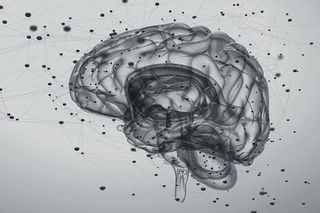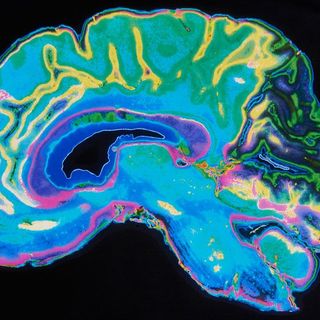
Brain‑Enhancing ‘Smart Drugs’ Promise a Boost in Creativity, Memory
But do nootropics actually work?

When Bradley Cooper took a brain-enhancing drug called NZT-48 in Limitless, his entire lifestyle improved — he was smarter, more efficient, more likeable, earned more money, and generally just became a better version of himself. Maybe it’s this idea — that there’s a better version of you, and all that’s separating you from it is a pill — that has made nootropics such a buzzword nowadays.
Nootropics is an umbrella term for a range of chemicals that improve or enhance the human brain’s cognitive abilities. These include better executive function, increased memory retention and focus, and even increased motivation in people. Some nootropics can be naturally occurring in food substances, like chocolate and green tea, which contain phenethylamine and L-Theanine, or caffeine and turmeric. Other nootropics are naturally found in stimulants like cocaine and nicotine and can be dangerous. However, a new wave of ‘smart drugs’ that are industrially produced and marketed as health supplements, have begun to flood drug store aisles and online stores.
Translated from Greek, “nootropic” means “to bend or shape the mind.” The over-the-counter medications promise different, specialized results with no apparent side effects. In India, the supplements range from ‘OptiMind Premium Nootropic Supplement Brain Booster’ priced at Rs. 6,900 to ‘Dr. Sudha’s Ayur Think Fast 60 Caps with 7 Nootropic Herbs’ at Rs. 499.
Many of these supplements are a mixture of lipids, antioxidants, phytochemicals, and food-derived vitamins. Since the ‘smart drugs’ are seen as dietary supplements, the regulations around manufacturing and advertising are less strict than around prescription medication. Test trials on humans, and placebo-controlled research don’t need to be done for a company to state their product will actually do what it says it will.
So, nootropics may not live up to the grandiose claims on the bottle, promising to increase creativity, concentration, or productivity. But rather than being dissuaded by this, consumers who believe in the power of nootropics have come up with the concept of ‘stacking’ — curating and taking a unique combination of different supplements that will work for the person in question. Many companies offer starter packs that offer a combination of pills, promising a number of different effects that improve memory, focus and keep energy levels high — usually helpful with someone who has a big meeting or needs to pull an all-nighter.
Related on The Swaddle:
Stress In Your Forties Can Shrink Your Brain And Affect Memory
Perhaps, in part, thanks to the Silicon Valley culture of revving up workers’ productivity, these supplements are getting increasingly popular especially with university students, company executives, and gamers. But most doctors and researchers point out the lack of well-researched studies supporting these supplements’ use or clarifying their possible long-term side effects. The existing studies that have been conducted are on a small scale, and often done without a control group, which means that participants may have just been experiencing a placebo effect from taking the drugs. The only chemically produced nootropics that have been proven to work are some ADHD medications and Modafinil, a medicine used to treat certain sleep disorders, both of which need a prescription to consume, since they can be abused by healthy people.
And here’s where the danger of nootropics comes in — while the abuse of ADHD drugs like Ritalin and Adderall is well-known, Modafinil can actually be misused a lot. In India, most chemists will give customers Modafinil without asking for prescriptions. It’s proven to ensure alertness, energy, focus, and an increased decision-making in people, by enhancing brain connectivity. The side effects, however, include anxiety, irritability, insomnia, and headaches, since it affects the brain’s levels of dopamine, serotonin, and other neurotransmitters. Like most nootropics, the long-term effects of taking Modafinil are unknown; in a country where it’s so easily available, that is a cause for concern.
In the end, nootropics seem like an idealistic promise that won’t necessarily deliver (or at least not in the way it did for Bradley Cooper), and a risky choice considering our gap in knowledge about how these chemicals can affect our brains in the long run. Rather than spending money on expensive supplements, doctors suggest exercise and healthy diets to be the key to maximizing your brain’s potential. The myth of the magic pills is just that. A myth.
Nadia Nooreyezdan is The Swaddle's culture editor. Since graduating from Columbia Journalism School, she spends her time thinking about aliens, cyborgs, and social justice sci-fi. She's also working on a memoir about her family's journey from Iran to India.
Related


Air Pollution Affects Happiness — But We Don’t Really Understand How
